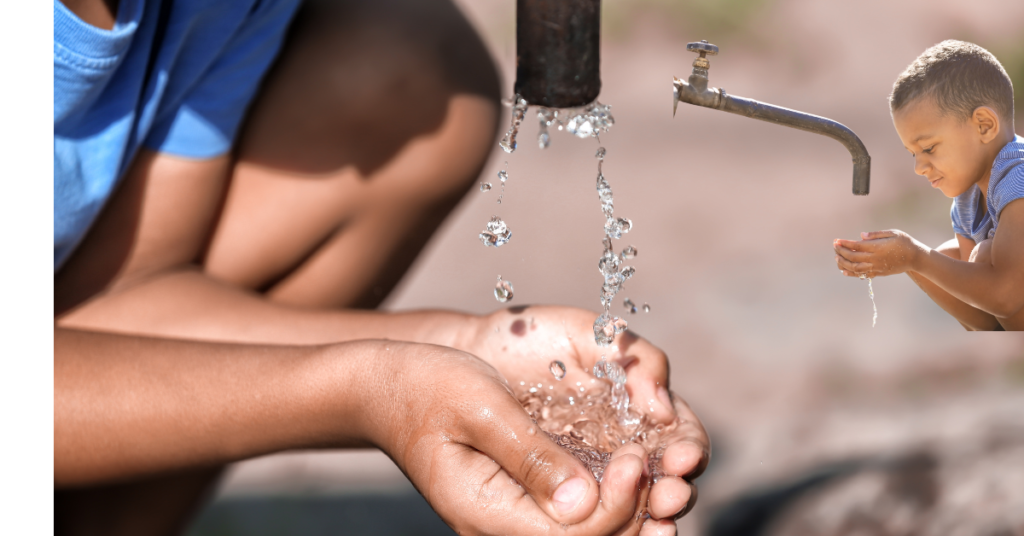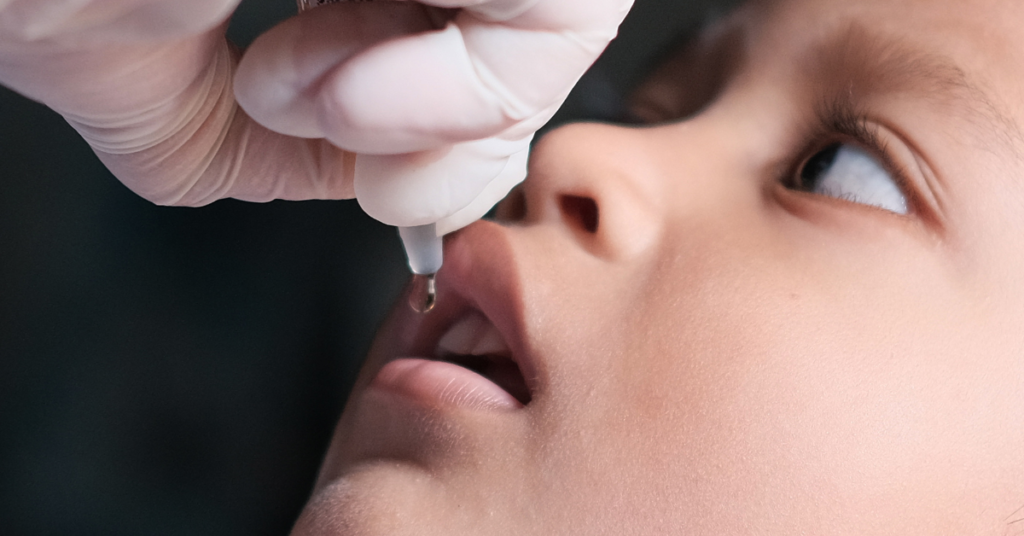
The World Health Organization (WHO) on Friday, 18th October 2024, issued a stark warning regarding the global fight against cholera, announcing that the stockpile of oral cholera vaccines is completely depleted. This critical shortage threatens to undermine global efforts to curb this deadly disease’s spread, especially in vulnerable regions.
“As of October 14, the global stockpile of oral cholera vaccine is depleted, with no remaining doses available,” stated the WHO. The organization elaborated, “Although more doses are expected in the coming weeks, this shortage poses significant challenges to outbreak response efforts and hampers efforts to control the spread of the disease.”
Surging Demand and Insufficient Supply
Despite global production operating at full capacity, the demand for oral cholera vaccines is outstripping supply, as detailed in the UN health agency’s monthly situation report. From September 1 to October 14, the International Coordinating Group on vaccine provision received requests for oral cholera vaccines from several countries, including Bangladesh, Sudan, Niger, Ethiopia, and Myanmar. The total requests reached 8.4 million doses, but due to limited availability, just 7.6 million doses could be dispatched.
Rising Death Toll and Alarming Statistics
The WHO has reported 439,724 cholera cases and 3,432 deaths this year, up to September 29. Though the number of cases in 2024 is 16 percent lower than last year, the 126 percent spike in deaths is deeply concerning. The organization attributes the rise in mortality rates to the locations of the outbreaks, particularly in conflict-affected regions where access to healthcare is significantly hindered, and areas suffering from flooding.
Following last month’s report, new cholera outbreaks have emerged in Niger, with 705 cases and 17 deaths, as well as in Thailand, which has reported five cases but no fatalities. According to the WHO, this brings the total number of affected countries in 2024 to 30. In September alone, 47,234 new cholera cases were documented across 14 different countries.
Additionally, a cholera case was identified this month in Lebanon, a conflict-stricken area where the WHO cautioned that the risk of further spread is “very high” due to the deteriorating sanitation conditions faced by the large displaced population.
Understanding Cholera and Its Impact
Cholera is a severe intestinal infection transmitted through food and water contaminated with the bacterium vibrio cholerae, usually stemming from fecal matter. It leads to intense diarrhea, vomiting, and muscle cramps. When untreated, cholera can be fatal within hours; however, it is treatable with simple oral rehydration solutions. Antibiotics may also be necessary for more severe cases.
Efforts to Expand Vaccine Supply
Back in April, the Gavi vaccine alliance and the UN children’s agency UNICEF noted that South Korean company EuBiologics was the only supplier of the oral cholera vaccine for the global stockpile. However, other manufacturers are anticipated to have products ready in the coming years, which could alleviate the current supply constraints.
This dire situation underscores the urgent need for increased investment in vaccine production and distribution networks to ensure that vulnerable populations receive the protection they desperately need. The WHO, alongside global health partners, is advocating for enhanced collaboration to address these challenges and secure a reliable vaccine supply to mitigate cholera’s devastating impact.
Conclusion
The depletion of the global cholera vaccine stockpile is a concerning development that requires immediate global attention and action. Efforts must focus on increasing vaccine production, improving access to healthcare, and enhancing sanitation in affected areas to prevent further loss of life.

